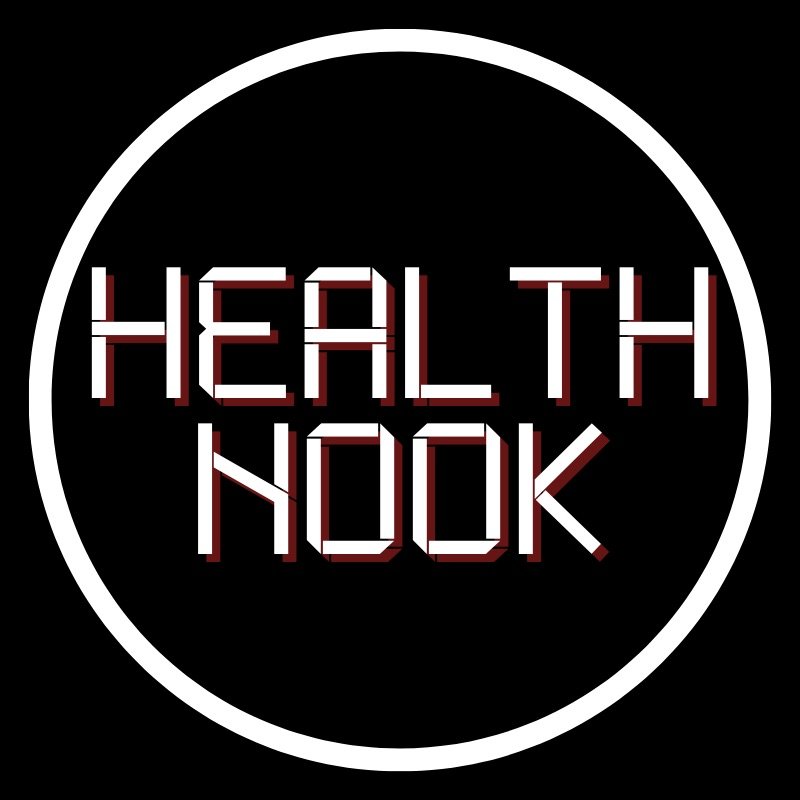In recent years, drugs like Ozempic and Wegovy, known as GLP-1 receptor agonists, have gained popularity as a treatment for weight loss and management. This surge in popularity extends not only to adults but also to adolescents and bariatric surgery patients. Michael Kochis, a resident in the Department of Surgery at Massachusetts General Hospital, noticed a lack of research on the use of these drugs in adolescent bariatric surgery patients. His team conducted a study to examine practice patterns and safety issues for youth using these medications.
Safety is a crucial consideration when it comes to using drugs like Ozempic and Wegovy, both for adults and adolescents. While there is increasing evidence that these drugs can be safely used, especially in adults, there is less data available on their use in children and young adults. Side effects such as nausea or feeling full all the time can occur, and it’s essential to monitor patients closely for any adverse reactions. Safety monitoring is ongoing even after FDA approval to ensure the continued safety of these medications.
Kochis and his team chose to focus their study on bariatric surgery patients specifically because of the unique considerations that come with this population. Bariatric surgery induces physiological changes in the body’s metabolism and hormone balances, which could interact with the effects of GLP-1 receptor agonists. Understanding how these medications impact patients before, during, and after surgery is crucial for optimizing outcomes and ensuring patient safety.
The study conducted by Kochis and his team revealed two significant findings. Firstly, these medications are indeed being used in adolescents with obesity undergoing bariatric surgery. Secondly, there is a considerable amount of uncertainty and variation in practice patterns across institutions. This variation highlights the need for collaboration and data-sharing among different providers to establish best practices based on consensus or evidence-based approaches.
The variability in practice patterns can lead to differences in the quality of care provided to patients. By working together to standardize care and share knowledge, providers can ensure that all patients receive optimal treatment. More data is needed to further understand the use of these medications in pediatric populations, and efforts are underway to establish collaborative networks for research and data collection.
Parents considering these medications for their children should engage in a multidisciplinary discussion with healthcare providers, including pediatricians, primary care doctors, obesity medicine physicians, and potentially surgeons. Each patient’s circumstances are unique, and decisions about medication should be made in consultation with medical professionals. It’s essential for parents to be informed about these medications but to rely on expert guidance when making decisions about their child’s treatment.
In conclusion, the use of drugs like Ozempic and Wegovy in adolescents undergoing bariatric surgery presents unique challenges and opportunities for improving patient care. Collaboration among healthcare providers, data-sharing initiatives, and ongoing research efforts are essential for optimizing the use of these medications and ensuring the safety and well-being of patients. Parents should approach the use of these medications for their children with caution and seek guidance from a team of healthcare professionals to make informed decisions.
